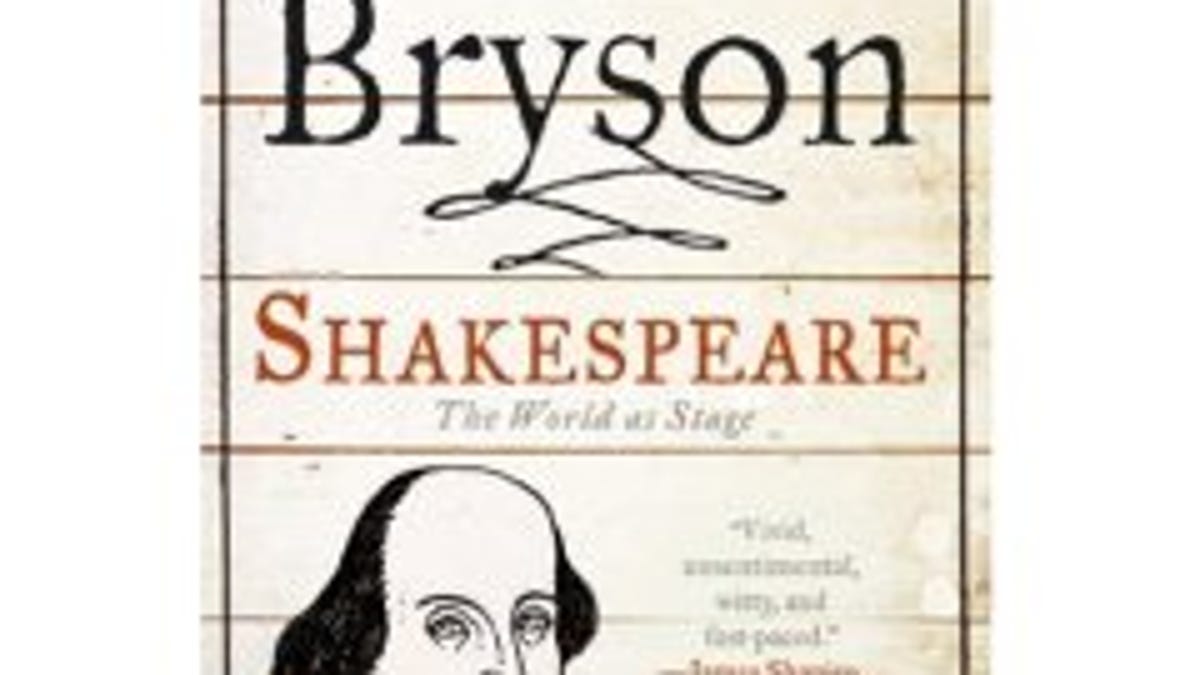 Why You Can Trust CNET
Why You Can Trust CNET Remixing Shakespeare and the art of great code
Open source developers need not be great all by themselves. They are great because they can remix.

I bought a book for my wife yesterday at Foyles in London, which I couldn't manage to stop reading once I had started. It's a new Bill Bryson book called Shakespeare: The World as Stage and parses the research around Shakespeare the person and his writing, without ever becoming tedious. It's an excellent read.
What struck me most, however, was just how much Shakespeare borrowed from other writers, and how accepted this was in his day.
[Shakespeare's] success was not...without its shortcuts. Shakespeare didn't scruple to steal plots, dialogue, names and titles - whatever suited his purpose. To paraphrase George Bernard Shaw, Shakespeare was a wonderful teller of stories so long as someone else had told them first....
What Shakespeare did, of course, was take pedestrian pieces of work and endow them with distinction and, very often, greatness. Before he reworked it Othello was insipid drama. In Lear's earlier manifestation, the King was not mad and the story had a happy ending....Shakespeare's particular genius was to take an engaging notion and make it better yet. (98-99)
Consider that in light of the current patent and copyright system. But for Fair Use, we would likely be entirely crippled by it. As it is, we do OK.
But think of how much better off we'd be if we could more directly "stand on the shoulders of giants..." or even on the shoulders of pygmies, as the Shakespeare example demonstrates. Let's face it: the first person to think of an idea is not necessarily the right person to implement it. Shouldn't we be grateful (to a point) that Microsoft and Apple were ripping off things they saw in others' research labs, for example?
Now imagine a world in which free copying and modification is not merely tolerated, but encouraged. A world where I have the absolute ability to borrow another's work and make it better. That is the world of open source, and I'm hopeful that it will produce its share of Shakespearean geniuses: developers who are adept at adaptation and improvement, even if they aren't always the ones to come up with the original idea (though we have plenty of that, too).
This is just one reason that I love open source. It opens the door to creativity, rather than closing it off. It recognizes that innovation is an ongoing process best achieved by a diverse array of people, rather than a one-off endeavor done by one person for all.